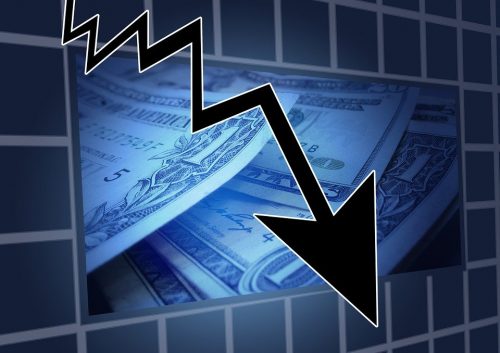
The Coronavirus disease 2019 (COVID-19) has dramatically affected the global economy. Countries around the world adopted quarantine and social distancing measures to contain the spread of the virus. Due to the pandemic’s devastating impacts, many States have also imposed lockdown protocols. These restrictions in mobility have resulted in business closures, unemployment, and a global economic downturn.
During these unusual times, it is essential to look after your financial health. Paying your bills and other obligations can be challenging, especially if you suffer from income loss. Failure to protect and manage your finances can have a detrimental effect on your overall financial stability.
Dealing With Debts

Everyone is affected by the economic impacts of the COVID-19 pandemic, including your creditors. They, too, will want to protect their finances. Expect your creditors to contact you to discuss the fulfillment of your obligations. Below are some ways to effectively deal with debts:
- Communicate With Your Creditor
Talk to your creditors and inform them of your current financial situation. To avoid interest fees, let your creditors know ahead of time of your inability to pay. By communicating with your creditor, you may agree on a payment arrangement that works best for both of you.
- Know Your Options
Many banks have relaxed their policies on the payment of obligations. Some financial institutions grant grace periods and waiver of interest fees and other charges. By knowing your options, you may set your money aside for more urgent payments and other expenses.
- Prioritize Your Payments
Distinguish your wants from your needs. Housing bills, food, and related expenses, for example, should be your top priority. Make sure that you also have funds allotted for the payment of necessary utilities.
Maximizing Government Support
Governments have emergency funds specially allotted to help its citizens during a crisis and other emergencies. They provide subsidies and other social welfare programs. “Contact your state for guidance and other programs for which your business might be eligible to participate,” Reggie J. Ferreira, Ph.D., says. Know the different government assistance measures available in your country so that you can maximize them. Some of these include:
- Extension Of Tax Filing Deadlines
Many countries have extended the deadline to pay off outstanding taxes. Some also waived interest charges and other penalties within a set period. Know if your country adopts similar measures.
- Special Employee’s Benefits
Some labor agencies provide additional monetary benefits to employees who continuously work during a lockdown. Several companies also offer hazard pay for front liners.
- Other Social Welfare Assistance Programs
In many developing countries, governments help aid the financial burden of their citizens. They provide monetary allowances and essential goods to qualified households. Know the different social welfare assistance programs available in your country.
Protection From Financial Fraud

As more people lose their jobs and sources of income because of the pandemic, financial scamming has become rampant. Due to limited mobility, many business transactions take place online or through different telecommunication channels. Some of the most common fraud schemes are:
- Online Bank Account Hackers. Account-holders receive “phishing emails” containing fake links asking for personal information and passwords.
- Fake Donation Drives. Scammers ask for donations, but the money collected goes straight to their pockets.
- Investment Fraud. Scammers claim to provide you with an opportunity to invest in treatment for the virus. After depositing your money, you never hear from them again.
Here are some ways you can protect yourself from financial fraud:
- Be Aware
Ask your banks for their official websites. Seek out legitimate sources of information on any transaction involving the payment of money. Be informed of the common financial frauds in your area.
- Do Not Give Passwords And Other Personal Information
Even with just a little personal data, and your accounts can already be compromised. When giving out personal information, make sure you are communicating with an authorized or trusted person.
- Be Cautious In Answering Calls And Responding To Text Messages
Refrain from answering calls and text messages from unknown and suspicious numbers. Scammers usually trick you into giving out your personal information. When in doubt, it is best to drop the call and not respond.

The adverse economic impacts of the COVID-19 pandemic will worsen in the months to come. Through these helpful tips, you can effectively manage your finances amidst the looming financial crisis. Alongside protecting your physical and mental well-being, make sure that you also protect your financial health.